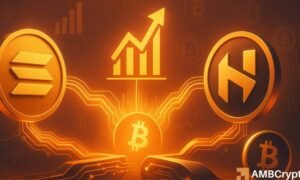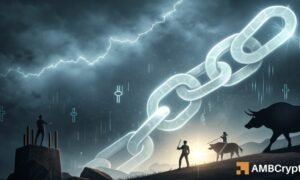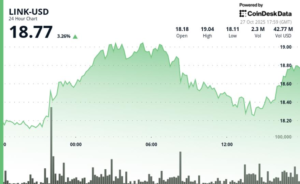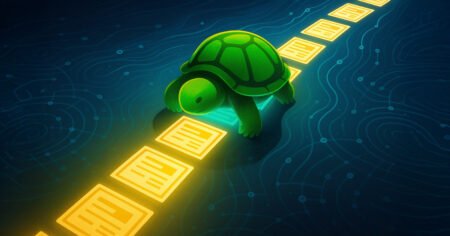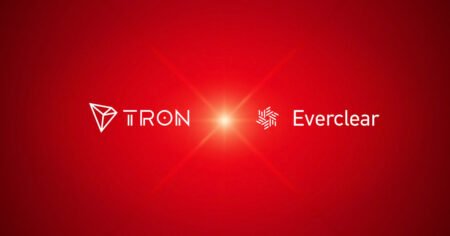DN-404 is an experimental Ethereum token standard developed to improve the limitations of its predecessor, ERC-404, by enhancing tokenized assets’ efficiency, scalability, and interoperability. The new standard, Divisible NFT-404 (DN-404), aims to integrate ERC-20 fungible tokens and ERC-721 NFTs to facilitate the fractionalization of NFTs, overcoming challenges faced by ERC-404 such as high Ethereum transaction fees and limited scalability.
DN-404 leverages innovative consensus mechanisms and smart contract protocols to enhance scalability within decentralized networks, improving transaction throughput and reducing costs. The standard also incorporates robust governance mechanisms, allowing token holders to participate in decision-making processes like protocol upgrades and voting on key proposals. DN-404 promotes seamless interoperability across multiple blockchain networks, enabling frictionless asset transfers and cross-chain transactions, unlike ERC-404 that was primarily limited to the Ethereum blockchain.
Emphasizing security and transparency, DN-404 integrates stringent auditing protocols and cryptographic mechanisms to ensure the reliability and integrity of the token standards. It also introduces standardized tokenomics parameters, simplifying the token creation and management process for developers and ensuring consistency and compatibility across different applications. The technical implementation of DN-404 involves two distinct contracts: a base ERC-20 token and a mirrored ERC-721 token, allowing for efficient management of both fungible and non-fungible assets.
The Bonsai Token (BONSAI) serves as an exemplary implementation of the DN-404 standard within the Lens Protocol ecosystem. By functioning as a hybrid of ERC-20 and ERC-721, BONSAI enables the fractionalization of NFTs, allowing users to convert 100,000 BONSAI tokens into one BONSAI NFT. This innovative approach facilitates seamless integration of DeFi and social interactions on the Lens platform, providing content creators with a means to monetize their work and users with the opportunity to engage in trading directly on their social feeds.
Although DN-404 offers numerous advantages for DeFi, digital asset management, and blockchain-based applications, it is still in the experimental phase and has not undergone formal auditing. Potential adopters are advised to proceed cautiously due to the risks associated with untested blockchain innovations. While DN-404 addresses the high transaction costs and inefficiencies observed with ERC-404, its long-term viability and adoption will depend on continued refinement and community support. DN-404 represents a significant advancement in the tokenization of digital assets, offering a more efficient and versatile framework that has the potential to revolutionize the management and trading of tokenized assets within decentralized ecosystems.
